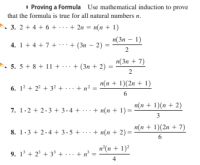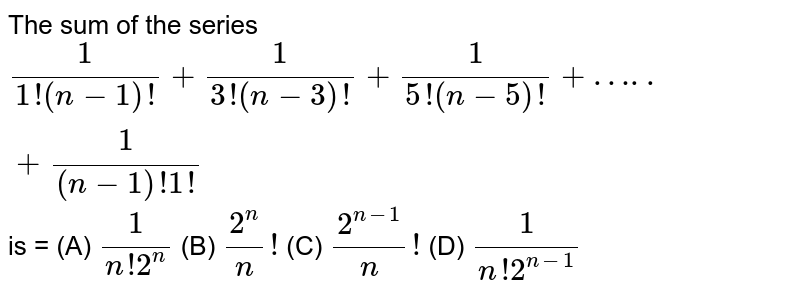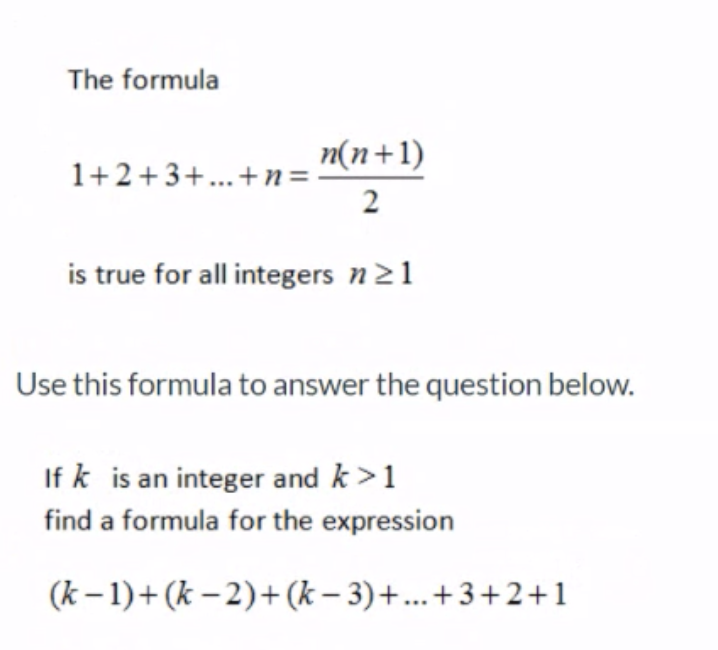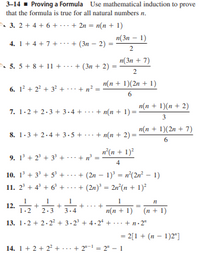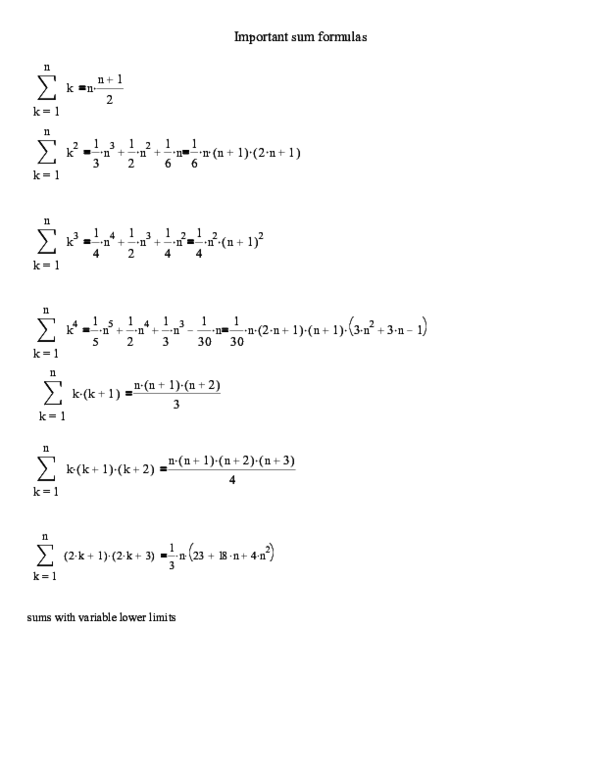
C Program to Find the Sum of the Series 1 + 2 + 3 + ... + N / Sum of the First N Natural Numbers - AlphaBetaCoder

I Use mathematical induction to proventhe formula.n( 1 ^ { 3 } + 2 ^ { 3 } + 3 ^ { 3 } + ldots ldots ldots + n ^ { 3 } = frac { n ^ { 2 } ( n + 1 ) ^ { 2 } } { 4 } )n( quad forall n in N )"
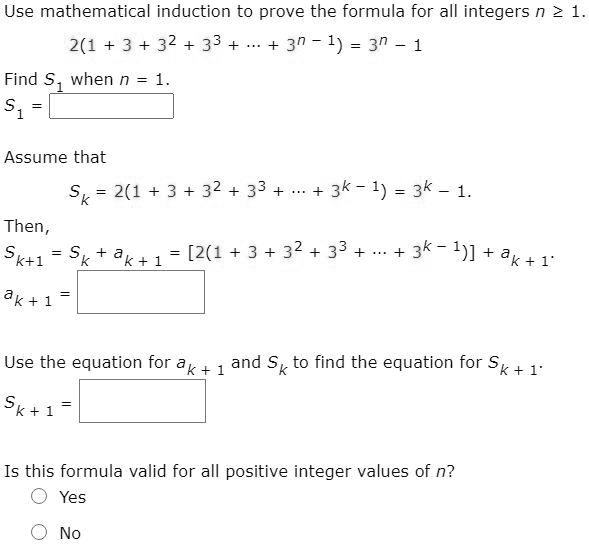
SOLVED: Use mathematical induction to prove the formula for all integers n ≥ 1: 2(1 + 3 + 3^2 + 3^3 + ... + 3^(n-1)) = 3^n - 1. Find S when
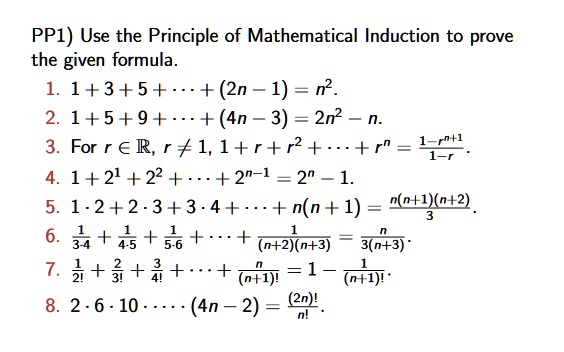
SOLVED: Use the Principle of Mathematical Induction to prove the given formula. 1. 1 + 3 + 5 + ... + (2n - 1) = n^2 2. For r ∈ R, r

Number Sequences Lecture 7: Sep 29 ? overhang. This Lecture We will study some simple number sequences and their properties. The topics include: Representation. - ppt download


